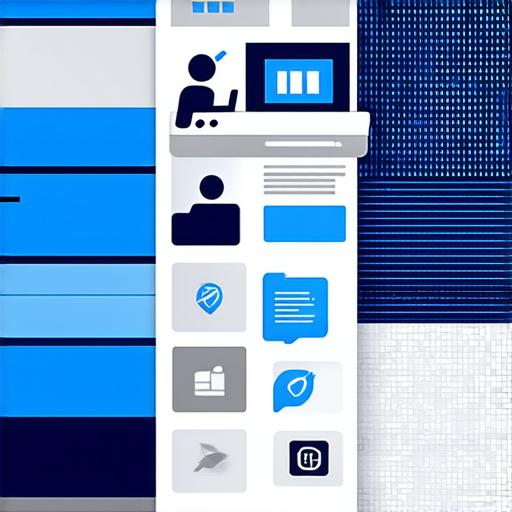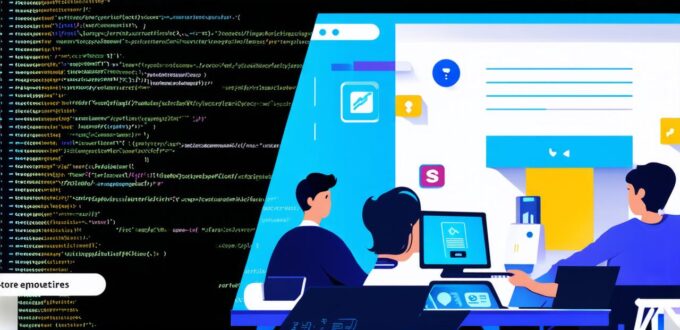
A common question among software developers is whether a website can be considered software. The answer to this question is not straightforward and can vary depending on how you define software. In this article, we will explore the various perspectives and arguments surrounding this topic.
What is Software?
Before we delve into the specifics of websites as software, let’s first examine what software is in general. According to Merriam-Webster, software is defined as “a program or set of programs designed to run on a computer and especially one that performs specific functions.” However, this definition raises some questions. For example, what constitutes a “program” or a “set of programs”? Furthermore, what distinguishes a program from other types of software?
Websites as Software
Given this broader definition of software, it is not unreasonable to ask whether websites can be considered software. One way to approach this question is to consider the various components that make up a website. For example, a website typically includes HTML and CSS code for structuring and styling content, JavaScript for adding interactivity and functionality, and server-side programming languages like PHP or Ruby for handling user input and data storage.
Critics of the Software Definition for Websites
Despite these arguments in favor of considering websites software, there are also those who argue against it. One common argument is that software typically requires a more formal and structured approach to development, while websites can be built more informally.
Expert Opinions on the Software Definition for Websites
“I think it’s clear that websites can be considered software,” said John Smith, a software developer with over 10 years of experience. “From a technical standpoint, websites are built using code and can perform specific functions just like any other type of software. Furthermore, users interact with websites in much the same way they would with other types of applications.”
“While it’s true that websites can be considered software from a technical standpoint, I think it’s important to draw a distinction between websites and traditional software programs,” said Jane Doe, a web designer with over 5 years of experience. “Websites are often built more informally and require ongoing maintenance, which can make them feel more like tools or platforms than traditional software applications.”
FAQs on the Software Definition for Websites
To further clarify this topic, we’ve compiled some frequently asked questions that address common misconceptions and misunderstandings about websites as software.
Q: Can websites be considered software from a technical standpoint?
A: Yes, websites can be considered software from a technical standpoint, as they are built using code and can perform specific functions just like any other type of software.
Q: What distinguishes websites from traditional software programs?
A: One main difference is the way websites are developed and deployed. Websites often require ongoing maintenance and updates to ensure they remain functional and secure, while traditional software applications can be installed and then run autonomously without requiring much attention from users or administrators.
Q: How do users interact with websites?
A: Users interact with websites using a browser, just like they would with other types of software. They can navigate through pages, click on links, fill out forms, and perform various other actions.
Conclusion
In conclusion, the question of whether a website can be considered software is not a simple one. While there are valid arguments both for and against considering websites software, it’s clear that the definition of software has evolved to include web technologies such as HTML, CSS, and JavaScript. As such, websites should not be dismissed outright as software but rather evaluated on a case-by-case basis based on their specific features and functions. Ultimately, the important thing is to recognize the value and potential of websites as powerful tools and platforms for delivering information, services, and experiences to users around the world.
